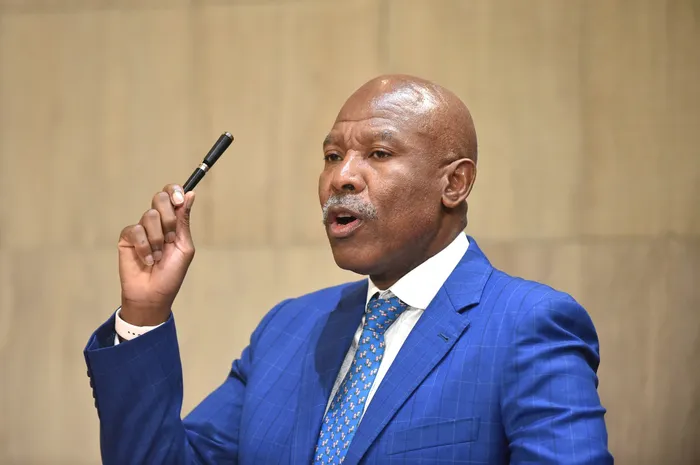Economist cautions against interest rate hikes amid economic uncertainty

South African Reserve Bank (SARB) governor Lesetja Kganyago has strongly advocated for the country to lower its inflation target from 4.5% to 3%.
Image: Thobile Mathonsi / Independent Newspapers
South African Reserve Bank (SARB) governor Lesetja Kganyago has strongly advocated for the country to lower its inflation target from 4.5% to 3%.
Experts argue that a lower inflation target would improve price stability, reduce borrowing costs and enhance investor confidence in the long term. However, many feel it would entail some short term ‘pain’ for the sake of long-term gain.
Yet tightening monetary policy could be a dangerous move in the current economic climate, warns Frederick Mitchell, chief economist at Aluma Capital.
The US says it intends to impose a 30% tariff on South African goods, with threats of a further 10% tariff targeting BRICS countries. This could plunge many industries into crisis.
Industries that rely on exports, such as vehicles, citrus and mineral commodities, are particularly vulnerable. These sectors are already under stress and additional tariffs could hinder economic growth and exacerbate the country’s already high unemployment rate of over 30%.
Within this context, the SARB faces a constrained path, Mitchell said.
“Conventional wisdom suggests that raising interest rates can curb inflation, yet in the current environment, where inflation remains subdued but economic growth is threatened, tightening monetary policy may exact an economic toll without addressing the underlying trade issues,” Mitchell explained.
As SARB Governor Lesetja Kganyago has noted, inflation is expected to remain within the target range, but global trade war uncertainties loom large. Higher tariffs and potential retaliatory measures could put a damper on South Africa’s economic recovery.
“Increasing interest rates in such a fragile environment risks stifling growth further, especially as global economic slowdown cues stemming from China’s potential slowdown and trade tensions compound the problem,” he added.
“Given that South Africa’s economy is highly reliant on exports and sensitive to external shocks, the restrictive monetary stance could deepen recessionary pressures without equipping the economy to withstand the imminent trade disruptions.”
Although the government’s fiscal space remains limited, an over-reliance on monetary policy to counteract trade barriers would neither be prudent nor effective.
Mitchell believes the focus should remain on defending economic stability through fiscal prudence and resistance to over-tightening monetary policy in relation to inflation. Furthermore, policymakers should prioritise diplomatic engagement and trade negotiations.
“While efforts to curb inflation are vital, the scope for interest rate hikes in response to global trade tensions and tariffs is limited. Such measures risk further slowing economic growth, increasing unemployment, and undermining investor confidence,” Mitchell said.
“A prudent approach would involve safeguarding industry competitiveness and fostering diplomatic solutions, recognising that the health of South Africa’s economy hinges on resilient trade relations and sound fiscal management rather than aggressive rate hikes amid uncertain international conditions.”
Get your news on the go, click here to join the Cape Argus News WhatsApp channel.
Cape Argus
Related Topics: